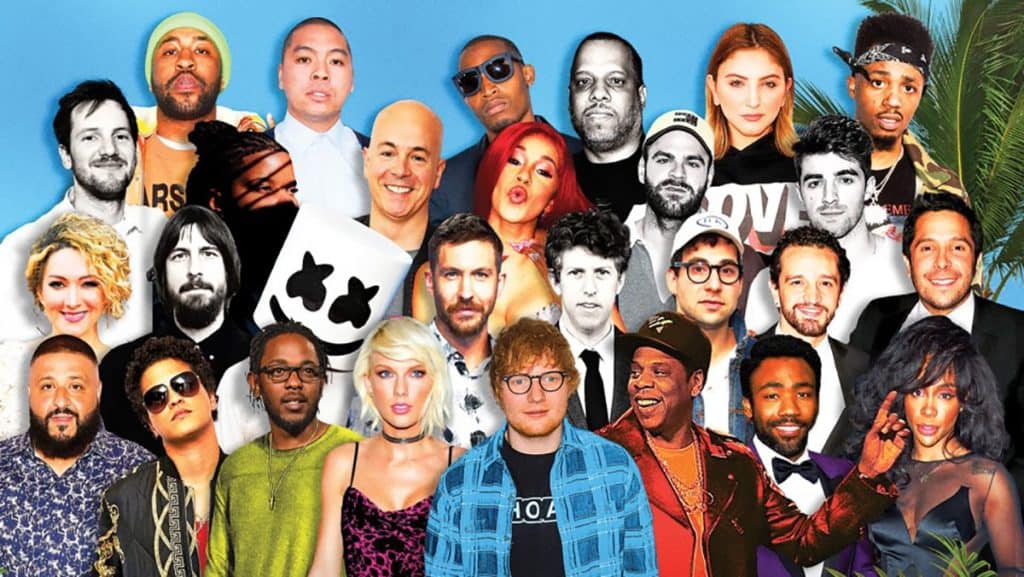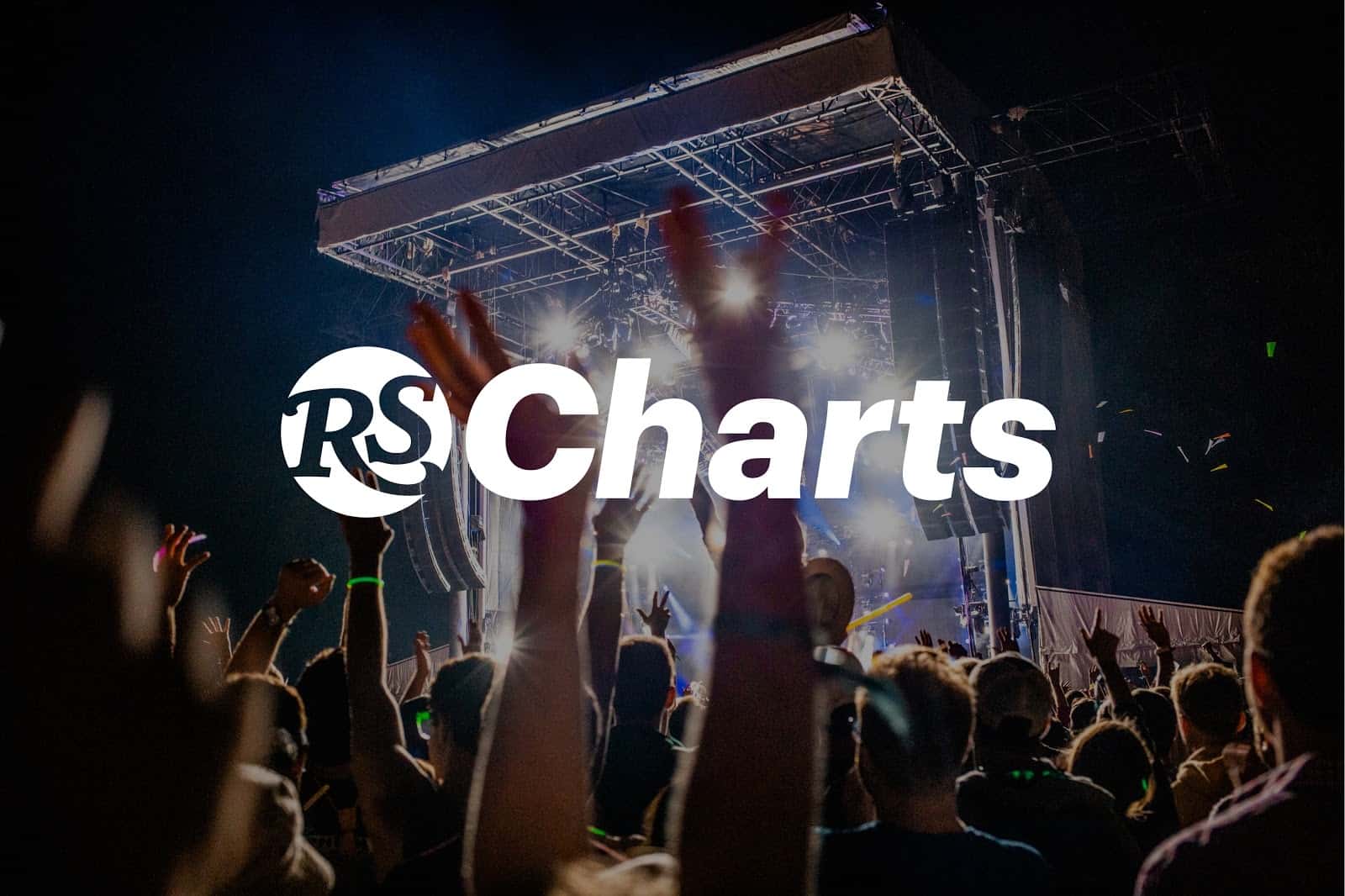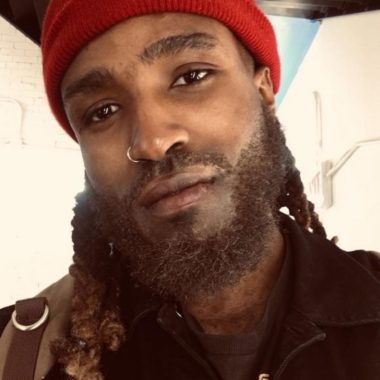The Billboard charts have long been the industry standard when it comes to determining music’s popularity and success. However, recent years have seen controversy surround Billboard. To varying degrees, Billboard has been affected by industry tricks to boost streaming numbers and song plays with bots, payola, etc. Additionally, the Billboard charts’ historical dependence on radio airplay has made the chart susceptible to opinions of gatekeepers, and less the listening public. On July 2, 2019, Rolling Stone Magazine launched its chart system, powered by Alpha Data (analytics), a direct competitor of Neilsound can which powers Billboard.
The Rolling Stone charts aim to take away the “middle man” so to speak. The RS (Rolling Stone) charts do not include programmed airplay, digital or terrestrial. Meaning, if you’re turning up to your favorite radio station in your car, phone or laptop, the Rolling Stone charts don’t include those plays towards chart positioning. What do they factor into chart positioning? Online/digital plays and purchases. Now, that may seem odd to the casual listener, but let’s examine this. Radio stations are loyal to their advertisers who pay money for airtime, thus due to their revenue/business model, they are susceptible to traditional forms of payola. Streaming companies are subscription-based and rely far more on their subscription base, that’s you, the consumer. Streaming services, while still attractive for advertisers, are in theory less susceptible to payola. Traditional gatekeepers like DJs, program directors, etc. are no longer a part of the process, in the traditional sense. Rolling Stone, a musical powerhouse is shaking up the music industry by pitting itself against Billboard and redefining the standards of success, somewhat.
The problem is payola. Payola is the practice of bribing someone to use their influence or position to promote a particular product or interest. In music, payola means to pay for play. While the RS chart may lessen the influence of pay for play, the chart’s reliance on streams (Apple Music, Tidal, Spotify, etc.) means it’s still susceptible to payola.
Yes, it seems streaming platforms like Apple Music, Tidal, and even the RIAA which certifies albums and songs as gold (500k copies sold), platinum (1 million copies sold), etc. are vulnerable to payola.
On September 4th, 2019 FCC commissioner Mike O’Rielly, sent an official letter to the RIAA citing reports of payola. While the letter itself reads like a preemptive slap on the wrist, it is telling about the current state and future of commercial music.

In recent years, the traditional markers of music success have declined in importance and popularity, Grammys and billboard positionings while still important, do not carry the weight they once did. Simply put, people don’t care the way they used to. There are other markers of popularity, particularly streaming numbers, digital sales and of course, social media. Thanks to streaming, platinum certifications are being handed out with much greater ease than in the past.
Lil Nas X soared to popularity via Tic Toc on Social media and subsequently went on to have the longest-running Billboard no.1 song in music history, breaking the record previously held by Mariah Carey.
So, what does all this mean for up and coming musicians (and entertainers in general)? Popularity matters now more than ever. While talent is still a factor, popularity is taking up more space these days on the list of requirements. Record labels have been blasted for using bots and paying companies for likes and followers on social media and boosting streams. Services like Stream.ko even offer “buy streams” packages for up to 2 million streams.
Now it’s important to note that documented, payments for play aren’t illegal as long as they are public. However, public pay for play payments could ruin or negatively impact an artist’s image, and the image is everything to a label’s investment. See Tekashi Tekashi 69, the rapper facing 47 years in prison for his ties to 9 Trey gang a faction of the Bloods.”
Over the past 8 years, we’ve seen an increase of social media and reality stars make their way into music and entertainment and even political prominence. I don’t expect that to change any time soon.
Today, the line between organic plays and payola is becoming more invisible. Until we can eliminate payola, the Rolling Stone chart is at best a well-meaning attempt at ensuring that an artist’s ranking is based on real listeners. It’s not a payola cure, but it’s a step in the right direction.
Roderick Thomas is a NYC based writer and filmmaker
Instagram – @Hippiebyaccident
Email – rtroderick.thomas@gmail.com










